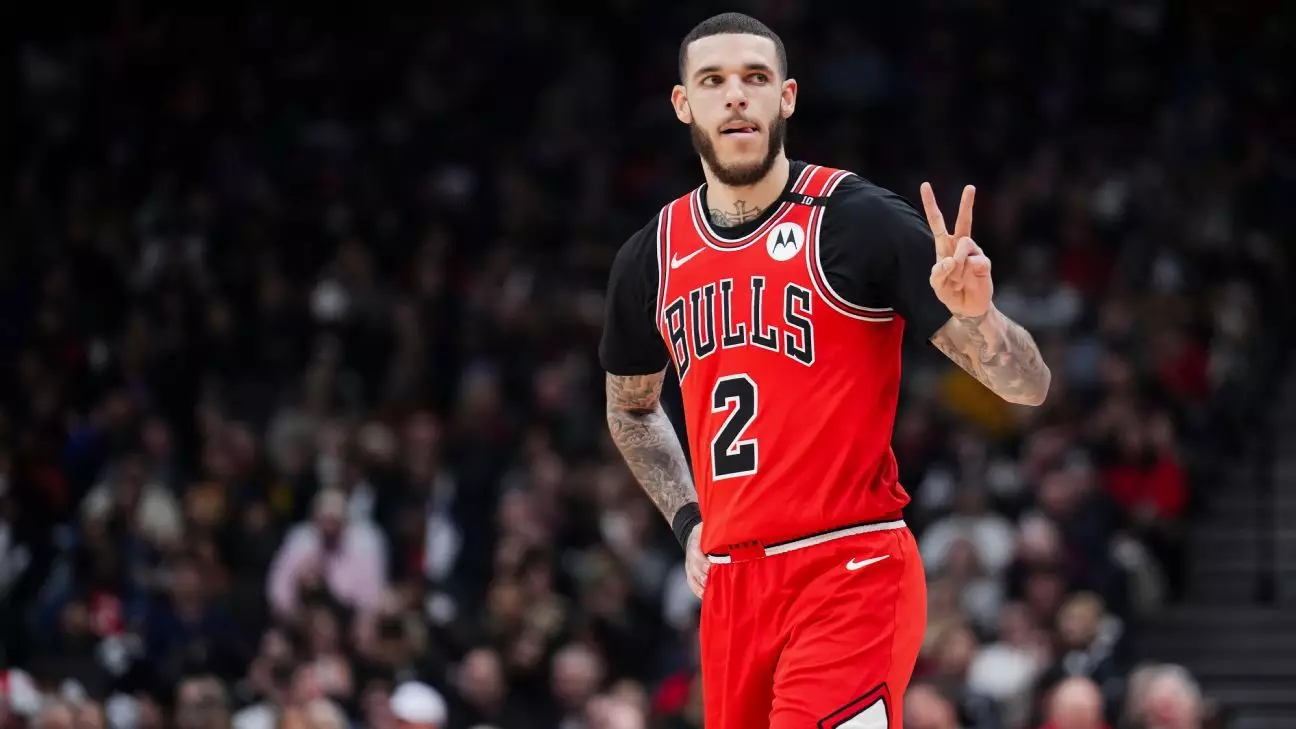In a world that often feels overwhelmed by negativity and indifference, moments of profound connection and gratitude emerge as beacons of hope. This sentiment echoed recently in Chicago, where NBA player Lonzo Ball met the family of Alex Reinhardt, a young man whose tragic death at the age of 20 has inadvertently turned him into a life-saving hero. The emotional reunion was a stark reminder of the human spirit’s capacity for both devastating loss and remarkable generosity. It highlights how a single act of kindness—a decision to donate tissue—can alter lives in ways that resound far beyond the grave.
The Weight of Loss and Legacy
Angie Reinhardt, Alex’s mother, articulated the emotional rollercoaster this encounter represented. While she speaks of happiness and blessings, each word is laced with the grief of losing her son. The duality of jubilation and sorrow in her narrative makes clear the complex tapestry of human emotions surrounding organ donation. Not only was there a tangible impact on Ball’s athletic career through the knee cartilage provided by Alex, but the Reinhardt family also found solace in the idea that Alex continues to contribute to the well-being of others. This intertwining of grief and gratitude is a large part of the conversation we often shy away from amid the discussions about health and well-being.
Spotlight on Organ Donation Awareness
This significant moment also serves as a crucial reminder of the importance of organ donation. The Reinhardt family’s openness about their son’s contribution emphasizes how vital it is to have conversations about health, life, and death. Many people fear discussing organ donation, let alone considering it. But as Angie Reinhardt’s testimony reflects, such decisions can create a ripple effect of goodwill. She expressed her wish for her son to be present, yet she also emphasized the pride she feels in his legacy—a sentiment that should inspire us all to think more kindly and openly about our own legacies.
The Athlete’s Journey
Lonzo Ball’s journey, marked by physical challenges and setbacks, embodies the struggle faced by many athletes. After multiple failed surgeries, turning to a donor was his pathway to recovery. The emotional weight of reclaiming one’s athletic identity after injury is profound, yet his journey resonates on multiple levels. It speaks to the resilience that athletes must cultivate and the immeasurable value of support systems, both from family and strangers alike. For Ball, the meeting with the Reinhardt family perhaps represents a unique moment of redemption, a chance not just to heal physically but also to connect emotionally with someone who has given him a second chance at life.
A Reminder to Our Society
While the narrative surrounding Lonzo, Alex, and organ donation provides a personal touch, it also challenges societal norms regarding discussions of death and generosity. We often associate grief merely with loss instead of seeing it as a bridge to deeper conversations about giving and the legacies of those we’ve lost. It’s essential to spread awareness and encourage dialogue surrounding organ donation—not just as an act of altruism but as a powerful catalyst for community healing and revitalization. By reframing this conversation, we can turn tragedy into triumph, reminding ourselves of the endless capacity for love, kindness, and human connection to flourish amidst adversity.

Leave a Reply